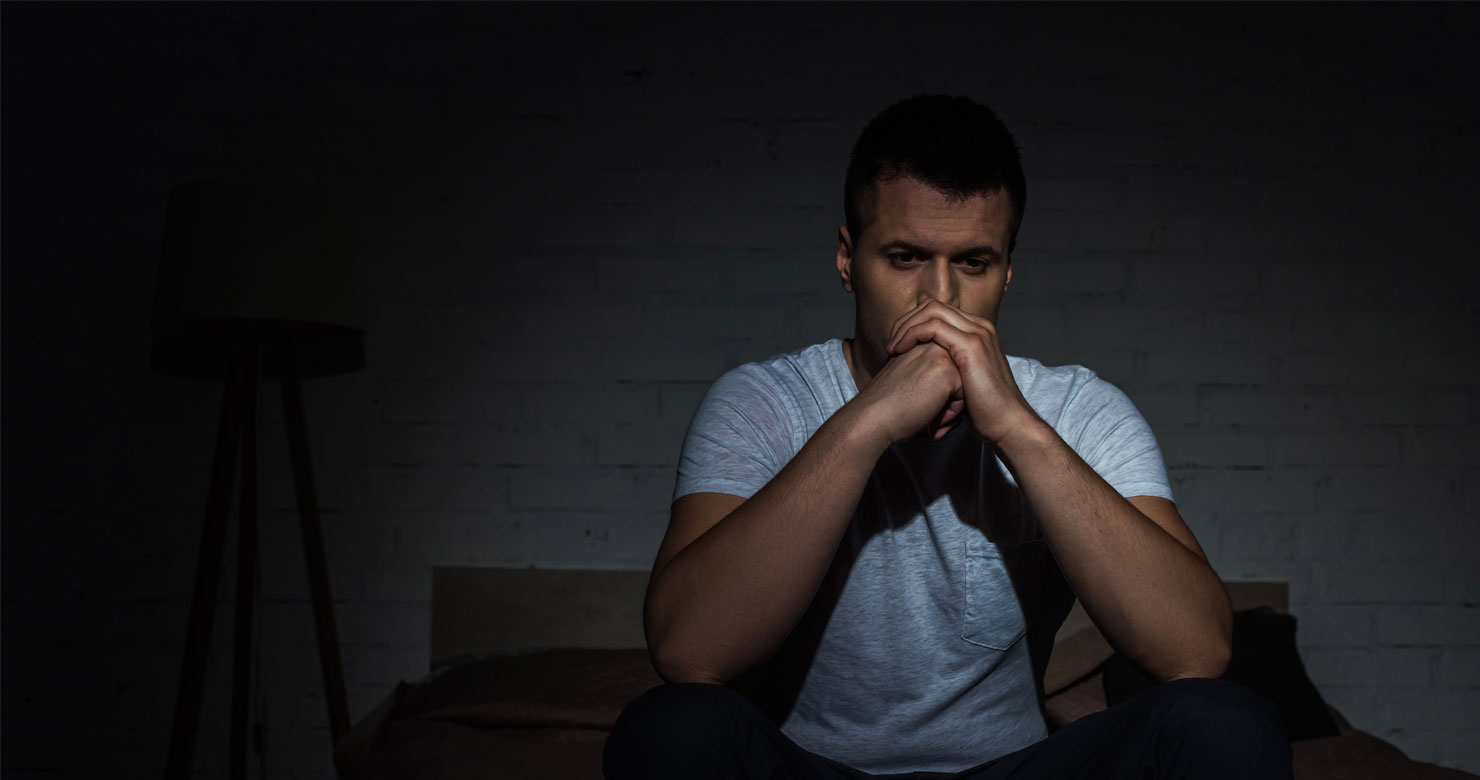What is it like to have PTSD?
People with PTSD experience strong unwanted memories of their trauma, to the point where it can feel as though the trauma is happening again in the present moment. As a result, people with PTSD often feel on-edge and on the lookout for danger. Sam describes what suffering from PTSD can be like. Some people find that reading about other people’s trauma can be upsetting, so feel free to skip the section below until a time comes when you feel more able. Remember, though, that learning about trauma cannot harm you – it is the first step in overcoming PTSD.
Sam’s Story (pseudonym)
I grew up in a chaotic household. My father and brothers were abusive and violent a lot of the time. My mother was a mixture of critical and neglectful. When I was twelve, a boy in my local area gave me alcohol and then raped me. I felt terrified during the attack and seemed to be frozen to the spot. I didn’t tell my parents what had happened because I knew they would blame me and I was worried about how they would react. I didn’t tell anyone till I started therapy in my early thirties. When I did I was having daily flashbacks of the attack, and of the many of the other horrible things that had happened to me before and since. I would wake at night, terrified but unable to move. When I got reminded of traumatic things, I would sometimes dissociate so strongly that I would almost ‘forget’ where I was, and would feel like a terrified child again. I was convinced that I was a bad person – I thought “I’ deserve to be punished”– and that I had deserved everything that had happened to me. I punished myself by not getting enough rest and was so self-critical. I thought that, I will not trust anyone or make new friends. At the start of therapy, I was not very hopeful of recovering, and didn’t even think that I deserved to get help.
Many of us will experience trauma at some point in our lives. With time, most people recover from their experiences without needing professional help. However, for a significant proportion of people the effects of trauma last for much longer, and they develop a condition called post-traumatic stress disorder (PTSD). It is thought that between 3 and 5 people out of every 100 will experience PTSD every year,
What is trauma?
A traumatic experience is one which is overwhelming, threatening, frightening, or events that are out of the ordinary range of daily events and is deeply distressing to someone. Common traumas include: Being in a road traffic accident, accident at work, a burglary or rubbery, being in a life threatening situation such as war, being a victim of abuse or violences.
Some traumas are isolated one-off events that are unexpected and happen ‘out of the blue’. Other traumas are frightening in different ways: they are expected, anticipated, and dreaded. Some people’s jobs expose them to trauma, for example military or emergency service personnel often experience or witness distressing events. Children experience trauma too – and the effects can be even more profound and long-lasting if the people who were supposed to care for them were responsible for causing harm.
The following are some of the common reactions after a traumatic event.
- Reliving the trauma in your mind and body.
- Avoiding things to do with or related to the trauma.
- Feeling more tense, irritable or over-alert than usual.
- Feeling depressed or crying
- Feelings of anger and irritability
- Being unable to remember things about the trauma.
- Losing interest in life, feeling detached from others.
- Not being able to concentrate.
- Finding it difficult to fall asleep.
You may also notice some changes in your body.
- Heart races and pounds
- Chest feels tight.
- Muscles may tense.
- Feeling tired
- Feel panicky.
Try the following approaches that can help you self-manage the distress.
Grounding
If you are struggling with flashbacks or feeling detached from the here and now you can use grounding techniques to help you move back into the present moment. Find an object that can help remind you that you’re in the here and now. It should not be connected to the trauma. The object should feel nice to hold. For example, some people may like to hold a small pebble or an acorn. People find it helpful to be able to carry this object about. Try to spend a few minutes each day looking at the object and feeling its weight and colour and linking the object with you being in the current safety space. When you have a flashback take out the object and remind yourself where you’re saying gently to yourself that was then and this is now reminding yourself of the current safety.
Distraction
It is important not to spend too much time thinking about the traumatic event. Spending a lot of time thinking about “What if” or why can trigger flashbacks and other symptoms. This is not trying to push the traumatic thoughts out of your mind but it is a way of practicing where you choose to focus your mind.
Do something active.
Physical activity is particularly beneficial when struggling with the symptoms of trauma. Walk, cycle, run, skip and swim. Anything that increases your activity levels can be beneficial in improving how you feel. You may start by planning 15 to 20 minutes activity daily.
At IC therapies we are ready to help you overcome trauma. Our service is confidential and non-judgemental. Find out more about how to get started here: https://www.ictherapies.co.uk/






